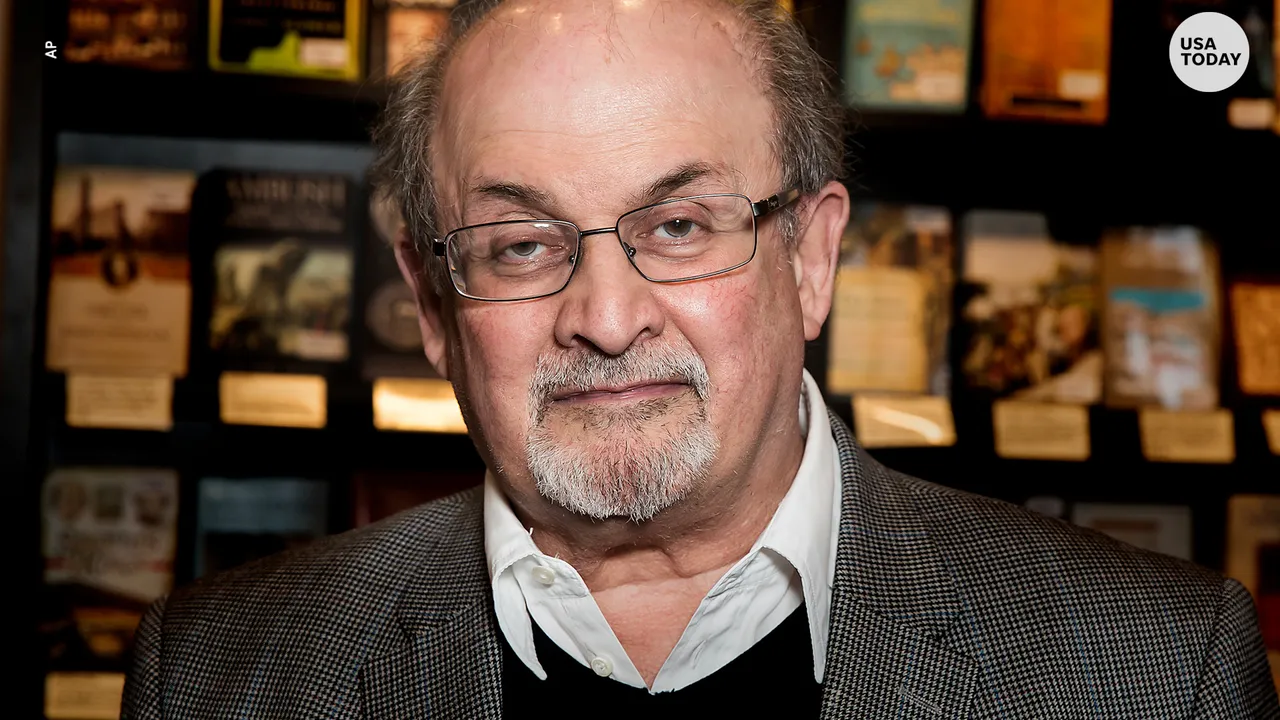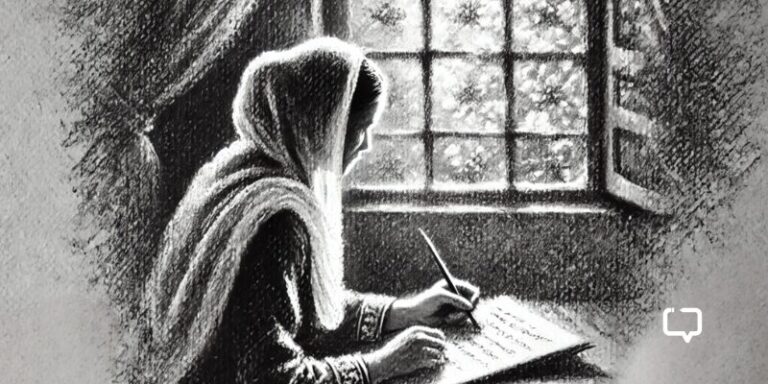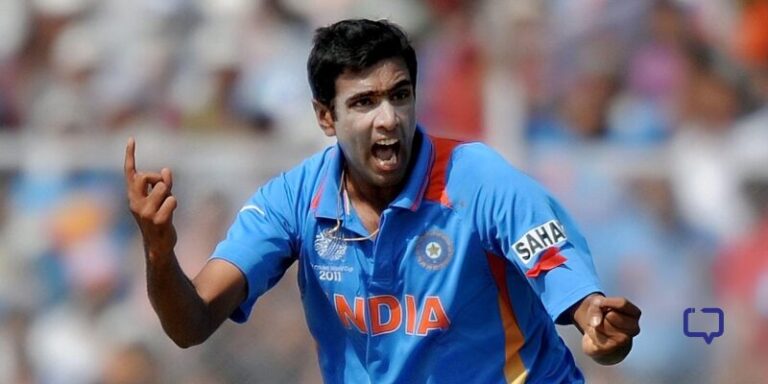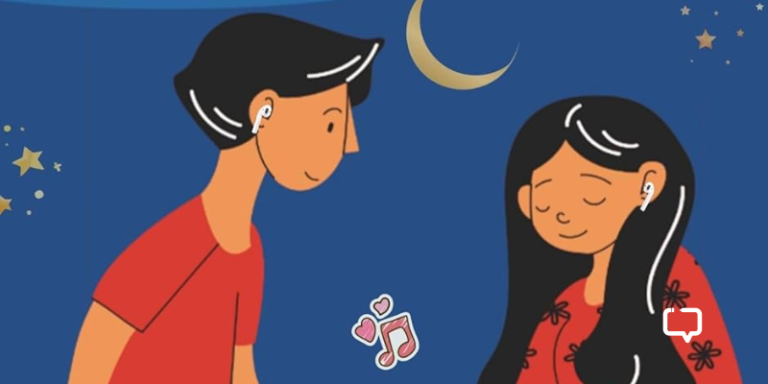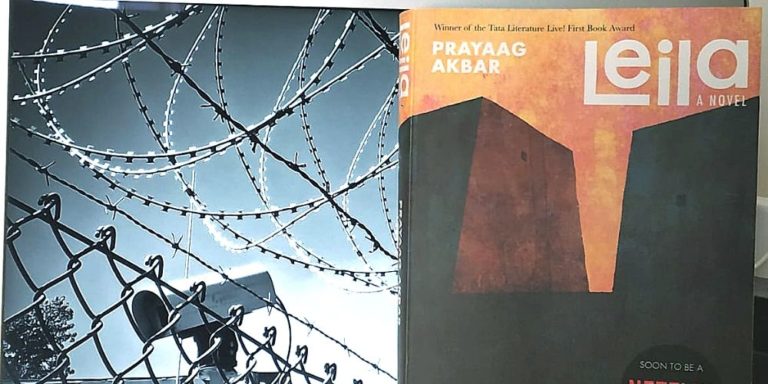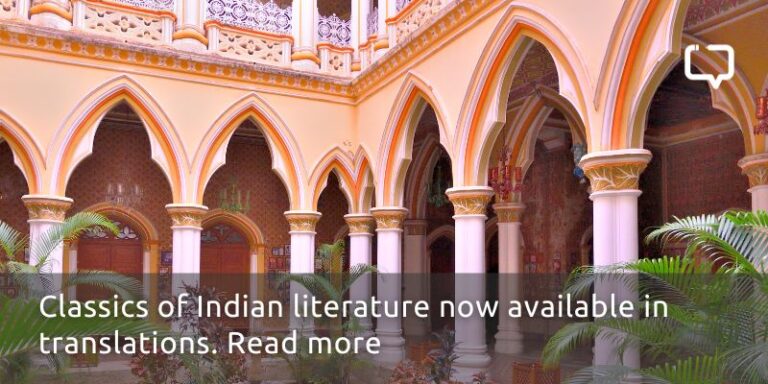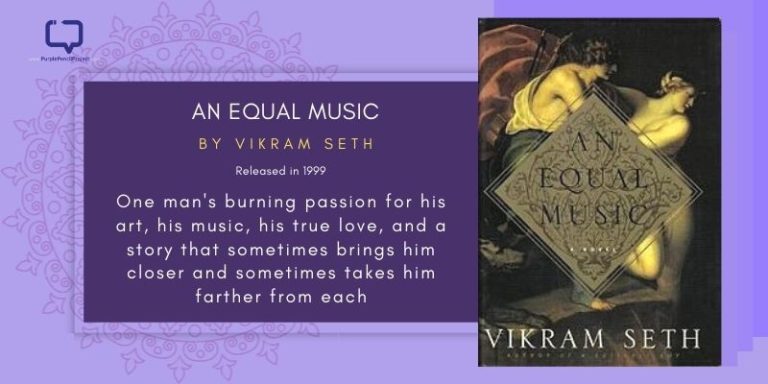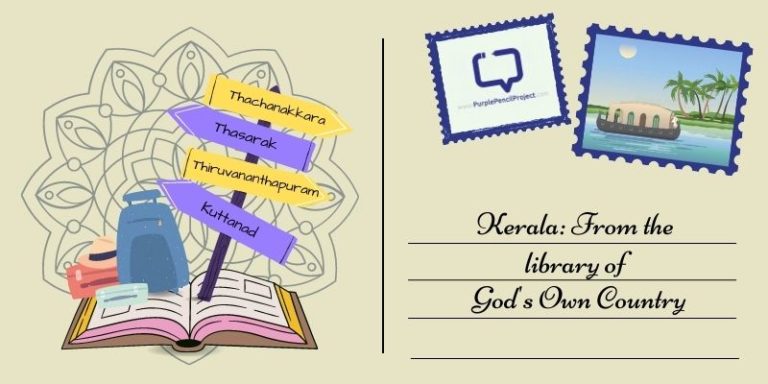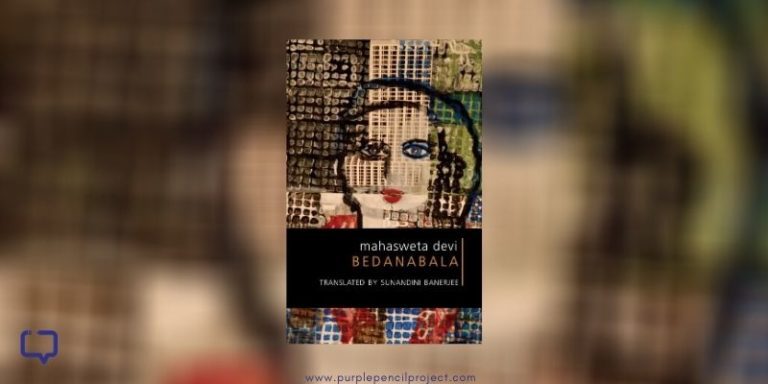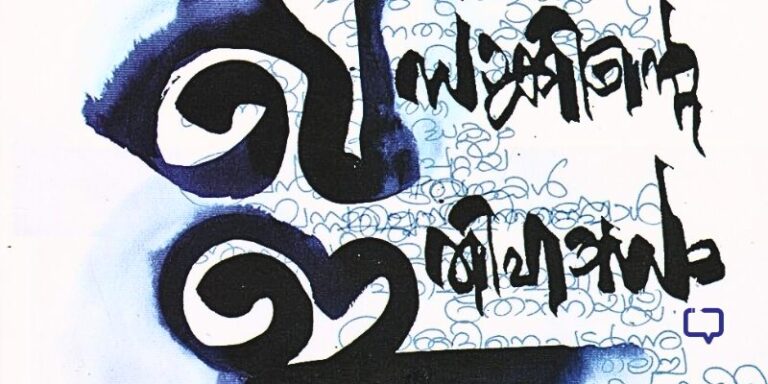It is not a good sign when you pick up a book reluctantly. I had read Haroun and the Sea of Stories and its sequel was lying around. I said, why not?
We encourage you to buy books from a local bookstore. If that is not possible, please use the links on the page and support us. Thank you.
Luka and the Fire of Life was written for Rushdie’s second son and follow Haroun’s younger brother Luka on his own big adventure in the World of Magic as he saves his father’s life. He must cross ‘levels’ in this World, with fantastical aides like Nobodaddy (his father’s death), Insultana of Ott (a princess or sultana who loves to insult) and Elephant birds, Dog the bear and Bear the dog and shape-shifting creatures Gyara-Jinn, Nuthog, Badlo-Badlo and Bahut-Sara, on the Flying Carpet of King Solomon. He must fight an Old Man by the River with riddles, he must cross the Mists of Time, the great Whirlpool, Captain Aag (or Grandmaster Flame) and his three Rings of Fire, ancient Gods and heroes and finally, go into the Heart of Magic and steal the flame. This is considered the biggest crime in the World of Magic and there are three Aalims who will do anything to protect it — Jo-tha, Jo-hai and Jo-hoga.
Let’s put the book aside for a moment. Let me talk a about me. I was born a Gujarati, studied in a convent and lived in a building with mostly Catholic neighbours. I grew up with a certain natural command over the language. Yet, I had not watched enough English movies or read enough books or listened to enough English music; basically, not interacted with the culture of the language. Thus, I laboured though, and sometimes still do, to express certain things — I find that comebacks are not as easy for me, I take time to articulate my thoughts, my slang game is a little twitchy. The key word is labour. I try hard, I listen attentively, and I make deliberate efforts to say some things. And it shows.
Rushdie’s stories, both Haroun and Luka, fall under the same problem. The book reads as if he has tried too hard, stopped mid-way to think up something and then continued with it. His puns are a little stiff, and his names are a little too direct. He may be writing about magic, but it doesn’t sound or feel anything like it.
In the beginning, he shows Luka as an avid player of video games. His term for what I presume are consoles and cartridges? Alternative reality boxes. It just doesn’t seem to click. Think how Muggle sounds and then think how No-maj sounds. This book is filled with No-maj-equivalent words.
The story flows well enough. It is well thought out and there are some wise words on Time and its flow that a child would do well to hear and internalise. He tries to weave a truly globally relevant children’s story. He talks about the Old Gods, the gods of Assyria and Aztecs, the Southern Gods and the Norse gods and the Sumerian heroes and Polynesian lore (there is even a mention of Maui). But here too, he reduces them to names. Sometimes, it just reads like a long, irrelevant list you wouldn’t bother with. At one point, when Insultana was telling Luka about all the Gods and he says “Stop please stop, it doesn’t matter…” And you cannot help but agree.
I would have liked it better if he had stuck to fewer names but built mini-narratives around them. But well, this is real life and what has been done must stay. It’s not like I don’t enjoy a good magical story. I still pick up Dahl and Blyton. I am still delighted by the stories. But with Luka and the Fire of Life, magic feels external and alien, just like English still does to me sometimes. The last chapter of the book is perhaps the best; warm and endearing and full of moments that will make you smile.
For kids, it is a good read. But I really wanted this to be so much more.
Favourite Quote:
Life is not wet young man. Life burns.
Recommended Age Group: Under 12. Strictly.
Final Verdict: I think you can buy it for a kid. Let them decide for themselves. But make sure this is not the only magical story he or she reads.
Here’s a list of all the Gods listed in the book. For lovers of mythology and lore and all things ancient, you’ll do well to follow the links:
Sphinx of Thebes
Hank Morgan of Hartford and King Arthur
Merlin
Chalchiuhtlicue
Meroë
Flying Carpet of King Solomon
Menoetius
Huitzilopochtli
Tezcatlipoca
Tlahuizcalpantecuhtli
Macuilcozcacuauhtli
Itztlacoliuhqui-Ixquimilli
Ozymandias
Xolotl
Mylitta
Tonatiuh
Xochiquetzal
Venus
Cypriot
Aphrodite
Ishtar of Babylon
Freya
Hathor
Humbaba of Assyria
Central Asian Boramez
(The Sword of) Kusanagi
Amaterasu
Kagutsuchi
Izanami
Surtr
Mahuika
Hephaestus
Vulcan
Inti
Ra of Egypt
Bennu
Algonquin Indians
Nanabozho
Prometheus
Zephyr
King of Horses
Zurvan
Dagda
Ling-pao T’ien-tsun
Kerberos
Anzu
Mimir
Fafnir – The Superdragon
Argus Panoptes
Bast
Hadadu
Gong gong
Nyx
Qeutzalcoatl
Zeus
Tlaloc
Odin
Shang Yang
Chi po, Feng po po and Pan-Gu
Ffong-shih-ye
Fujin
Iroquois
Ga-oh
Tate
Oonawieh Unggi
Chup – Chumash
Yangsan
Eclchot
Mayan Pauahtuns
Unahsinte
Guabancex
Fa’fatiu – Samoan (that’s the closest link we found)
Buluga
Ara tiotio
Paka’a
Ays
Vila
Hraesvlog
Yondung halmoni
Mbon – A wind-spirit. One of the original nats created by Chinum Way Shun. Occasionally called Mbon
Enlil
Take one god a day. Some of the Aztecs look like Transformers and have fascinating stories. Enjoy!
*Feature Image Courtesy: Himmapaan.








